A guide to adoption: Everything you need to know about the adoption process
Adoption can be a confusing and difficult time for mothers thinking about giving their child up for adoption, couples who can't have kids and the child waiting to be placed in a family.
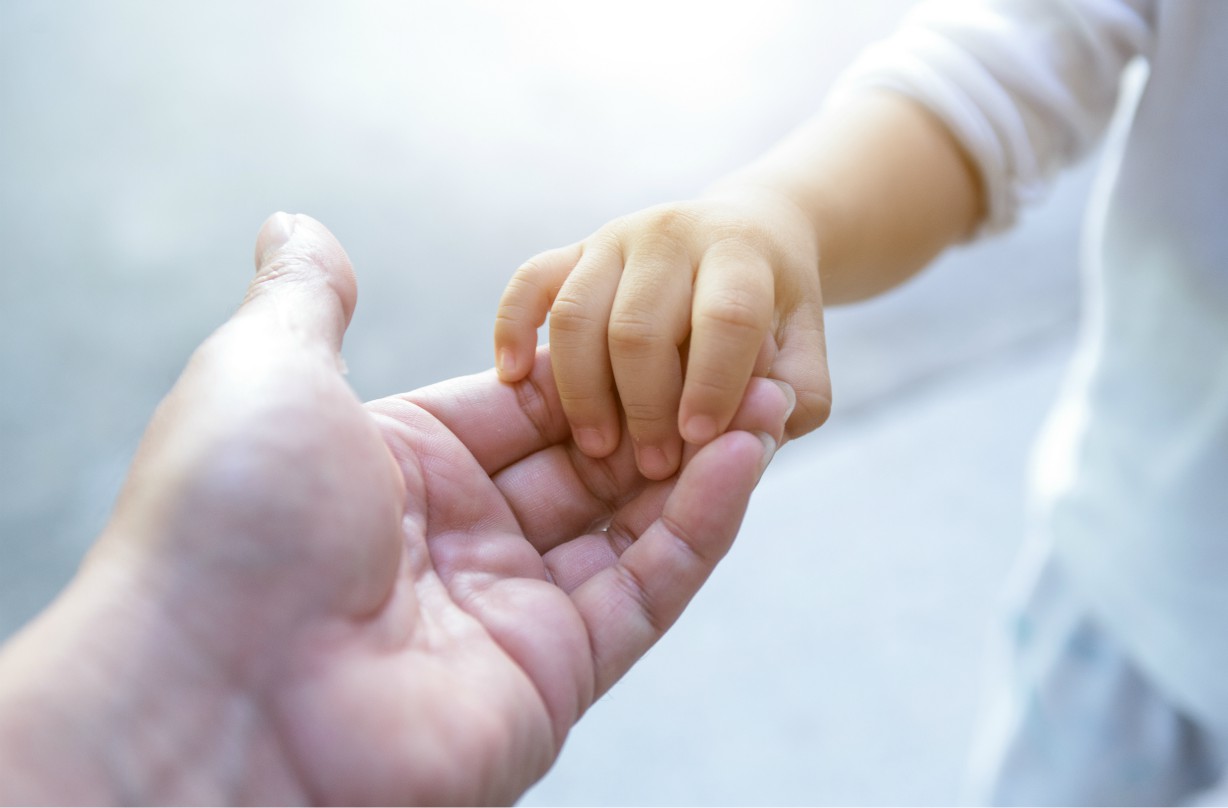
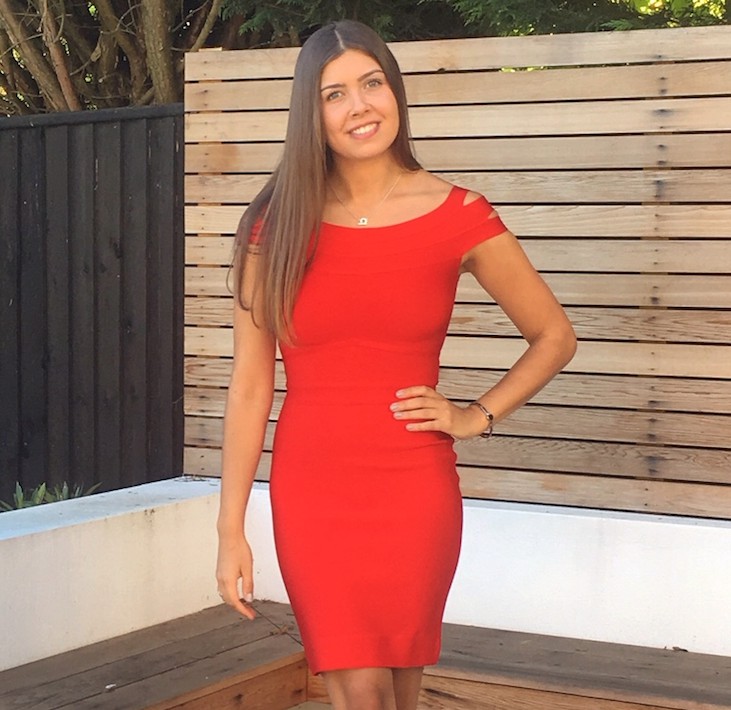
Adoption can be a confusing and difficult time for mothers thinking about giving their child up for adoption, couples who can't have kids and the child waiting to be placed in a family.
More than twice as many children are waiting to be adopted compared to the number of families willing to adopt, new research has revealed.
New figures from the Adoption and Special Guardianship Leadership Board (ASGLB) revealed there are 4,140 young children across England waiting to be adopted but only 1,700 families who are approved to adopt.
The data shows 28% of those waiting to be adopted are older than five, 20% are from a black, asian and minority ethic background and 4% have a disability.
Adoption myths
Despite many people thinking that babies (under 1 year old) are the most popular age group to be adopted, the majority of children who are placed in families are actually older than nine and many have brothers and sisters who all need to be placed together.
Here are six adoption myths and the truth behind them as noted by leading charity Adoption UK.
Single people or same-sex couples are not eligible to adopt
This isn't true - whether you're gay, straight, single, married, divorced or cohabiting - you can adopt.
GoodtoKnow Newsletter
Parenting advice, hot topics, best buys and family finance tips delivered straight to your inbox.
In Northern Ireland married couples have to have been wed for at least two years before they can adopt. If a couple is in a stable relationship but not married then one of them can apply to adopt as an individual.
There are age limits if you want to adopt
In England and Wales there are lower age limits for adopters but there are no upper ones. You must be over 21, but if one person in a couple is the child's birth parent then this is lowered to 18.
In Northern Ireland, agencies expect there not to be more than a 45-year gap between the child's age and at least one of the adoptive parents.
The only time age may make a difference is when the adoption agency is assessing if someone could cope with a child, but in these circumstances it would be the person's age as well as their health, which would be the consideration.
Disabled people or people who have medical conditions can't adopt
Having a disability, being overweight, smoking or having a medical condition doesn't automatically disqualify you from adopting.
You have to be rich or own your own home
This isn't true. Having enough space in your house for the needs of a new child is an important part of the decision making process, but people on benefits, low incomes or renting are just as eligible.
And, depending on the circumstances, adopters can get financial help from the local council, and tax credits, just like any other family.
People with any criminal convictions are automatically banned from adopting
If you have a criminal record, you must tell the agency when applying. However, it will not automatically disqualify you.
However, if you or a member or your household have a criminal conviction or caution for offences against children or for serious sexual offences you will not be able to adopt.
You must have been born in the UK to adopt a child here
This isn't true. You must have been a UK resident, officially, for at least one year before you can apply. You will also need to stay in the UK for the whole assessment process and until the courts have agreed to the adoption.
Adoption laws in Scotland are slightly different than in the rest of the UK. Find out more at www.adoptionuk.org
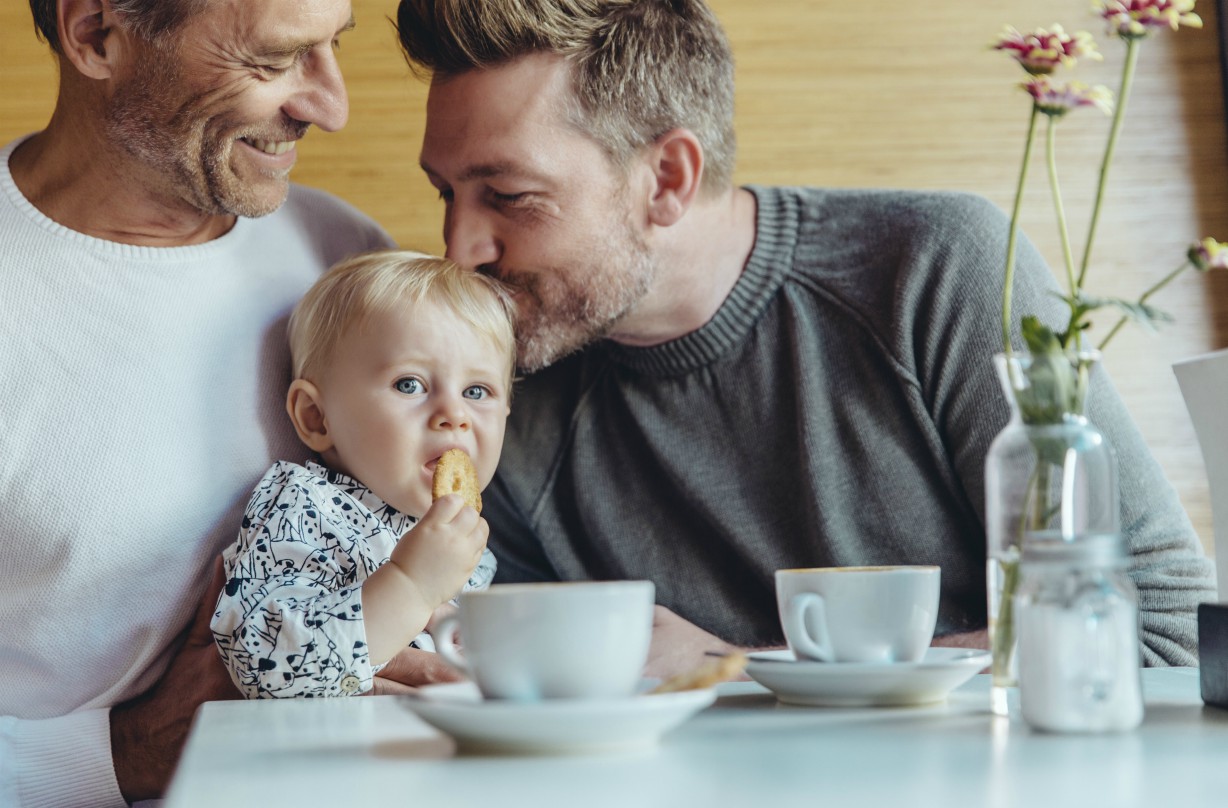
The adoption process
Although different councils and agencies have slightly different ways of doing things, here is a basic guide to how the process will work.
First contact
Once you've made the decision to adopt, according to Adoption UK, there are two options. Many people turn to children’s services at their local authority or find a voluntary adoption agency who can help too.
You can search for agencies in England or Wales using the First4Adoption search tools or the National Adoption Service website.
For agencies in Northern Ireland visit the Health and Social Care Services in Northern Ireland website and for Scotland see Scotland's Adoption Register.
Home visit
A member of the Adoption Services Team will visit you at home. This is your chance to ask more detailed questions and allows the social worker to get to know you and what you can offer a child. You will be asked about why you want to adopt and what you expect.
Adoption application
You will now need to fill in an official adoption form. It'll ask you all about your personal circumstances including your age, your home and family background, your doctor's contact details, and any criminal convictions,
Checks process
This is when you will be asked to go for a health check-up, which all would-be adopters must agree to. Your medical history will be examined and police checks will be made. Referees will also be contacted.
Training course
You will be asked to go to a 'Preparation training course'. It's a chance for you to learn more about the whole adoption from people who have already adopted, birth parents, adoptees and any relevant people. This takes about four months where a social worker will work with you and your family.
Home assessment
A social worker will assess how suitable you are to adopt through a number of interviews. Some of the sessions will be at home and will be about your own childhood, lifestyle and background as well as your views on being a parent and again why you want to adopt.
The report
After a number of chats with you, the social worker will write a detailed assessment about your potential to be an adopter. You're allowed to see this report and change anything that's factually incorrect. You can also make comments on it.
Adoption panel
The social worker will send the assessment report to an independent adoption panel. This is a group of people who are experienced in adoption.
The Decision Maker
Although the adoption panel can make recommendations, the decision maker has the final say. They're usually a very senior member of staff with a lot of childcare experience. The decision must be made within seven working days and you must be told, in writing, within another five. If you're unhappy with the decision you can appeal it.
Placement
Once you've been approved the agency will decide on an Adoption Placement Plan. This plan will include meeting the child and adoption support. The child will come to live with you and you will share parental responsibility with the agency and the birth parents, for the time being.
Adoption Order
Once the child has been with you for at least ten weeks the agency will apply for an adoption order from the courts. Once processed you have full parental responsibility for the child, although the agency can give you counselling, financial support if necessary and any other services you or the child need.
This whole process should take about ten months from start to finish.
If you'd like to find out more about the adoption process, GoodtoKnow spoke to parents who went through the experience.

Reasons why your adoption application might be rejected
If your application is turned down it can be devastating. Here are just a selection of the reasons why applications don't get approved, although each decision is based on the individual application.
- The social worker feels you still want a biological child and you're not ready to adopt yet. Most people never completely get over not being able to have their own children but you should work through any issues like this when you apply.
- You lied to the social worker about something serious - such as criminal convictions or drug problems.
- Your references weren't very strong, or were negative. A bad reference might not completely ruin your chances adoption, but it could delay the decision.
- You have a serious or life-threatening medical problem. This won't automatically disqualify you but can be a reason why you're not approved.
Adopting your partner's child
If you want to adopt your partner's child, or maybe your grandchild or other relative, the process is slightly different. You'll need to tell your local council about your plans three months before you start the adoption process through the courts.
The court will ask a social worker from your local council to write a report about your partner, the child and the other birth parent, to help them to make a decision.
You can't adopt your partner's child if the child's other parent doesn't agree to it, although in some situations the court can override this.
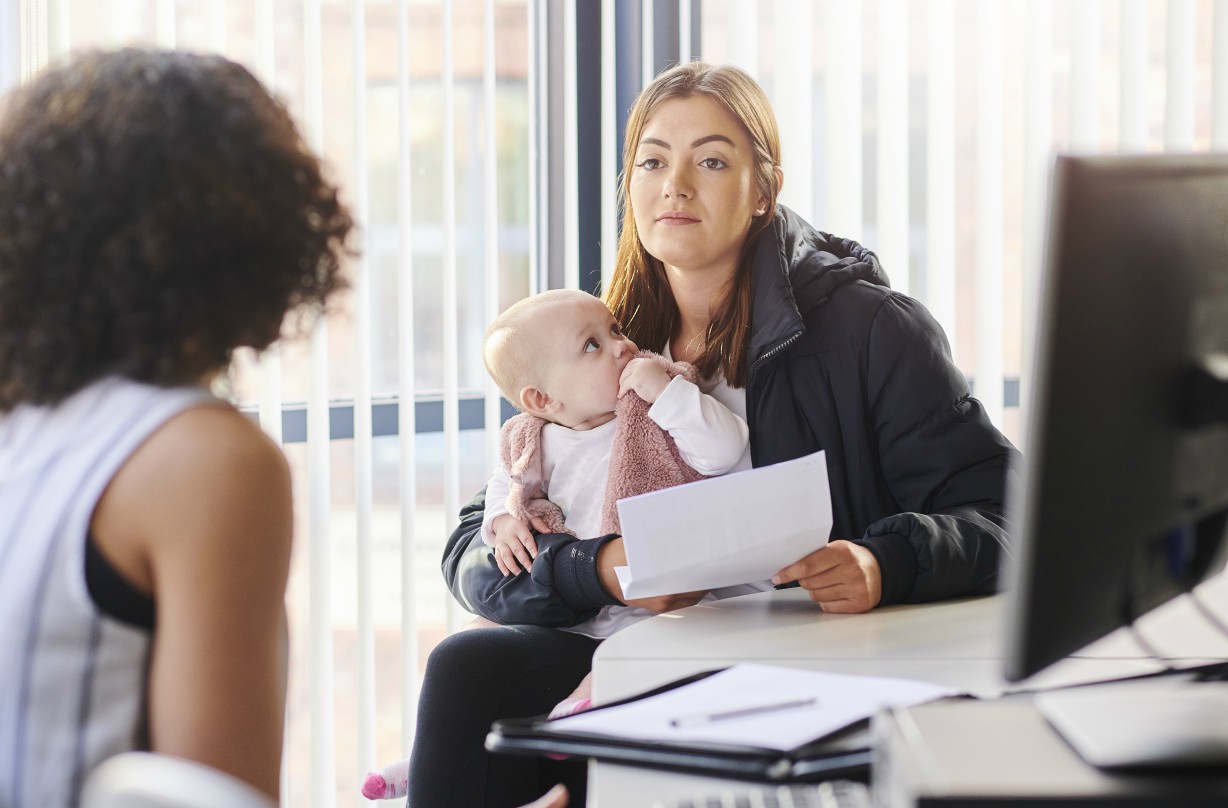
Giving your child up for adoption
Some women believe that the best thing they can do for their baby is to give it up for adoption. This is a very difficult decision and if you are thinking about this you should contact the social services at your local council as soon as possible.
What information do I have to give to the social services?
If you do decide to give your baby up for adoption, the social worker will spend some time with you talking things through. You'll need to give some personal information about yourself, your family and your family's health. This is so that the people who adopt your child can tell them information about you as they grow up.
Once I've decided, is that it?
Although you can prepare for the adoption before the baby's born, nothing will definitely be arranged until after the birth. Once your baby's born you'll have to talk over your decision with a social worker again and you can't sign any papers agreeing to the adoption until your child is at least six weeks old.
What happens to my baby in the mean time?
An adoption agency can take the child into care temporarily during these six weeks and then they'll arrange to place your child with the most suitable adopters.
Can I change my mind?
If, in the first six weeks you do change your mind you'll need to have another chat with your social worker about it. This is only because you will be in a very emotional state and they will need to make sure your decision is final. If everyone's happy you can ask that the baby is returned immediately.
If you change your mind after the baby has been placed with adopters but before they've made the application to the court the baby would also be immediately returned to you, as long as the everyone involved agrees.
Even if the application has been made and you've agreed to it you can still change your mind but the court will have to be sure that it's in the child's best interest to be returned to you. If you do change your mind at this point you will need to get legal advice and tell the social worker immediately.
But, if all the adoption papers have been signed, the adoption order has been made to the court and the child has been legally placed with another family, you then don't have any legal right to your child.
Legally, you'll no longer be the parent. But, when the child turns 18 they'll be able to obtain details of his or her original birth certificate and adoption papers and could then trace where you are.
These are more frequently asked questions about giving your child up for adoption
Do I need to get the father's permission?
If you're not married and his name isn't on the birth certificate, then you don't need his permission. The social worker will need to contact him though, if possible, as they will want his medical history and some basic information as well. They will want to let him know about the adoption because he might want to bring up the child himself. However, you won't ever be forced to tell them who the father is if you don't want to.
If you are married, and your husband is the father of the child or if you're not married but his name is on the birth certificate you will need to get him to agree to the adoption.
If you are married but your husband's not the father, the law still considers him to be the legal father, unless he has signed a declaration otherwise. In this case your husband will have to give permission for the adoption. The social worker will also want, if possible, some information on the actual father so they can pass it on to the adopters and the child.
What happens if he doesn't give permission?
If he doesn't give permission because he wants to bring the baby up himself, and you don't want him to, then you will need to take the case to court. They will then decide whether adoption or a life with the father is likely to be best for the child in the long term.
Will I be able to choose the family my child is placed with?
You can say what sort of family you would like your child to be placed with. For example, you can ask that your child be placed with a family where there are other children. You can also ask that your child is brought up in a certain religion or culture. The best interests of the child are always put first, but your wishes will be taken into account.

Sibelle Mehmet is a Junior Digital Writer at Goodto.com. She joined the team in April 2019 and was her first job since completing a MA in Magazine Journalism at City, the University of London in the summer of 2019. Sibelle previously interned at a number of national titles including OK!, Heat, Closer, Mother & Baby, and The Times Newspaper magazine. She's written extensively about the latest celebrity, showbiz, and royal news.
-
 The 'incredibly helpful' 30-second rule – liked by nearly 2 million people – that your kid needs to know about
The 'incredibly helpful' 30-second rule – liked by nearly 2 million people – that your kid needs to know aboutThis useful piece of advice is worth remembering for all of us, not just our children
By Adam England Published
-
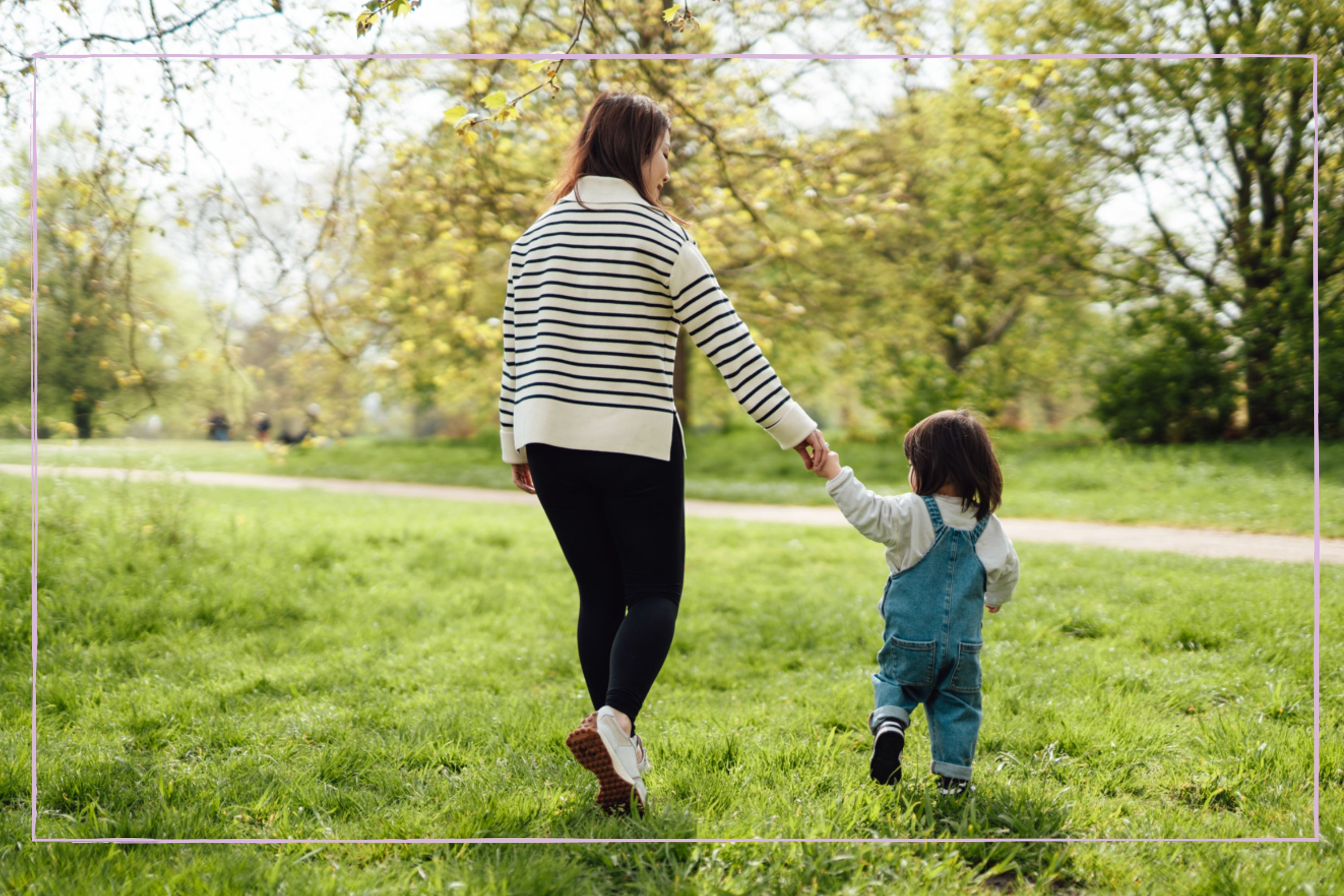 What is ‘sturdy parenting’? Child psychologist Dr Becky explains the benefits of this technique
What is ‘sturdy parenting’? Child psychologist Dr Becky explains the benefits of this techniqueIf you're at a loss when it comes to disciplining your kids, sturdy parenting might help - and it's approved by child psychologist Dr Becky.
By Ellie Hutchings Published
-
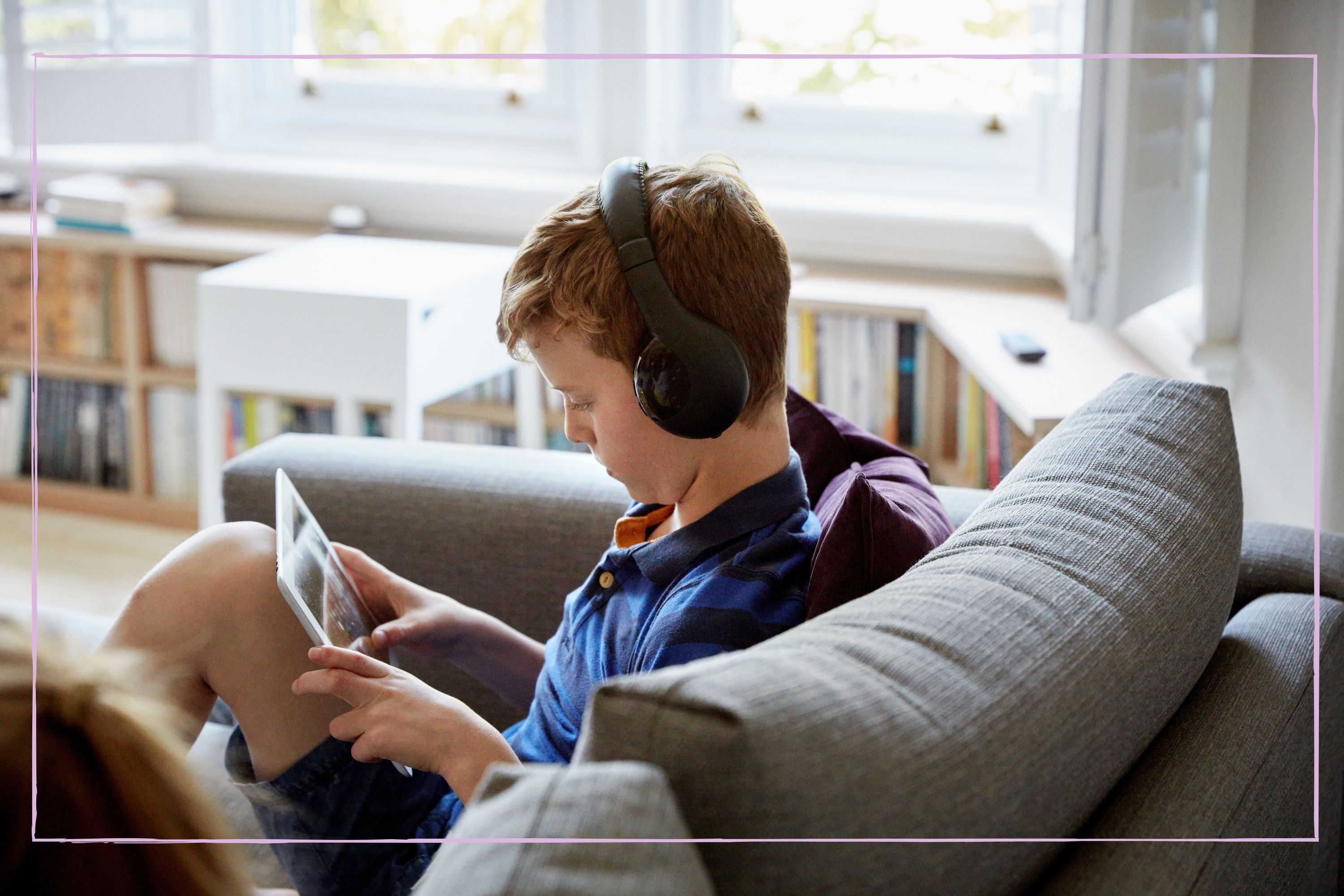 3 tips to set screen time boundaries from parenting experts Dr Becky Kennedy and Professor Emily Oster - and #1 is an important reminder
3 tips to set screen time boundaries from parenting experts Dr Becky Kennedy and Professor Emily Oster - and #1 is an important reminderStruggling to set screen time boundaries with your kids? Parenting experts Dr Becky Kennedy and Professor Emily Oster have shared three top tips.
By Ellie Hutchings Published
-
 Could 'lazy parenting' be the next big thing? 2 psychologists share why it can be beneficial for development, but not everyone agrees
Could 'lazy parenting' be the next big thing? 2 psychologists share why it can be beneficial for development, but not everyone agrees'We need more lazy parents' and here's why, according to two child psychologists
By Ellie Hutchings Published
-
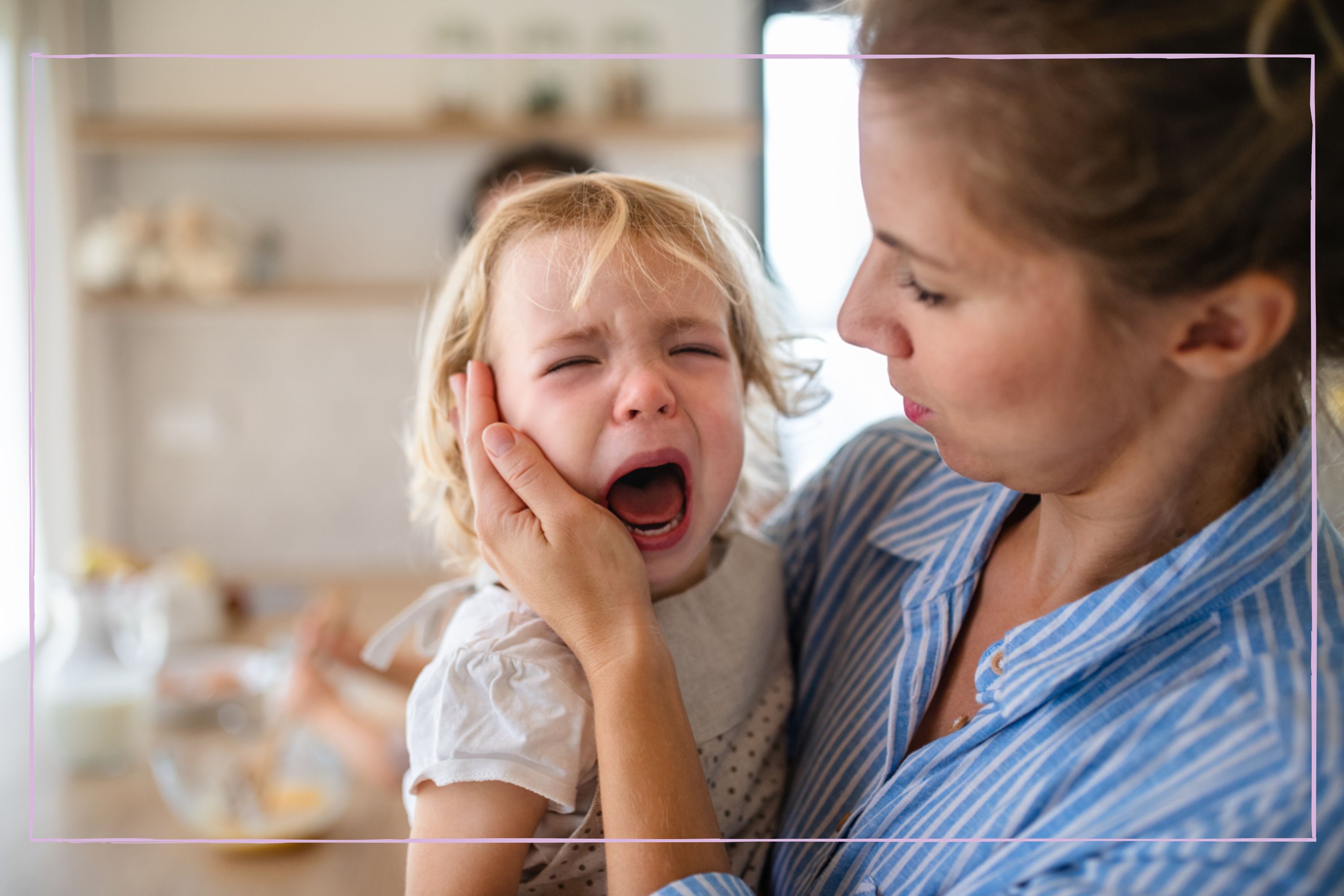 Parents, do you know what H.E.L.P. stands for? Psychologists swear by this acronym to navigate those tough parenting moments we all face
Parents, do you know what H.E.L.P. stands for? Psychologists swear by this acronym to navigate those tough parenting moments we all faceRemember: Halt, Empathy, Limits, Proximity...
By Ellie Hutchings Published
-
 Sticker charts 'don't work in the long run' says psychotherapist - try these 8 tips to teach kids intrinsic motivation instead
Sticker charts 'don't work in the long run' says psychotherapist - try these 8 tips to teach kids intrinsic motivation insteadOne expert has explained eight things you can do as a parent to help your child develop intrinsic motivation - and it means abandoning the sticker chart.
By Ellie Hutchings Published
-
 Reflective parenting could help your teenager manage their big emotions, new research shows - here are 5 steps to try
Reflective parenting could help your teenager manage their big emotions, new research shows - here are 5 steps to tryThe teenage years are tough for everyone involved. But research has suggested that an approach known as 'reflective parenting' can be the key to reconnecting.
By Ellie Hutchings Published
-
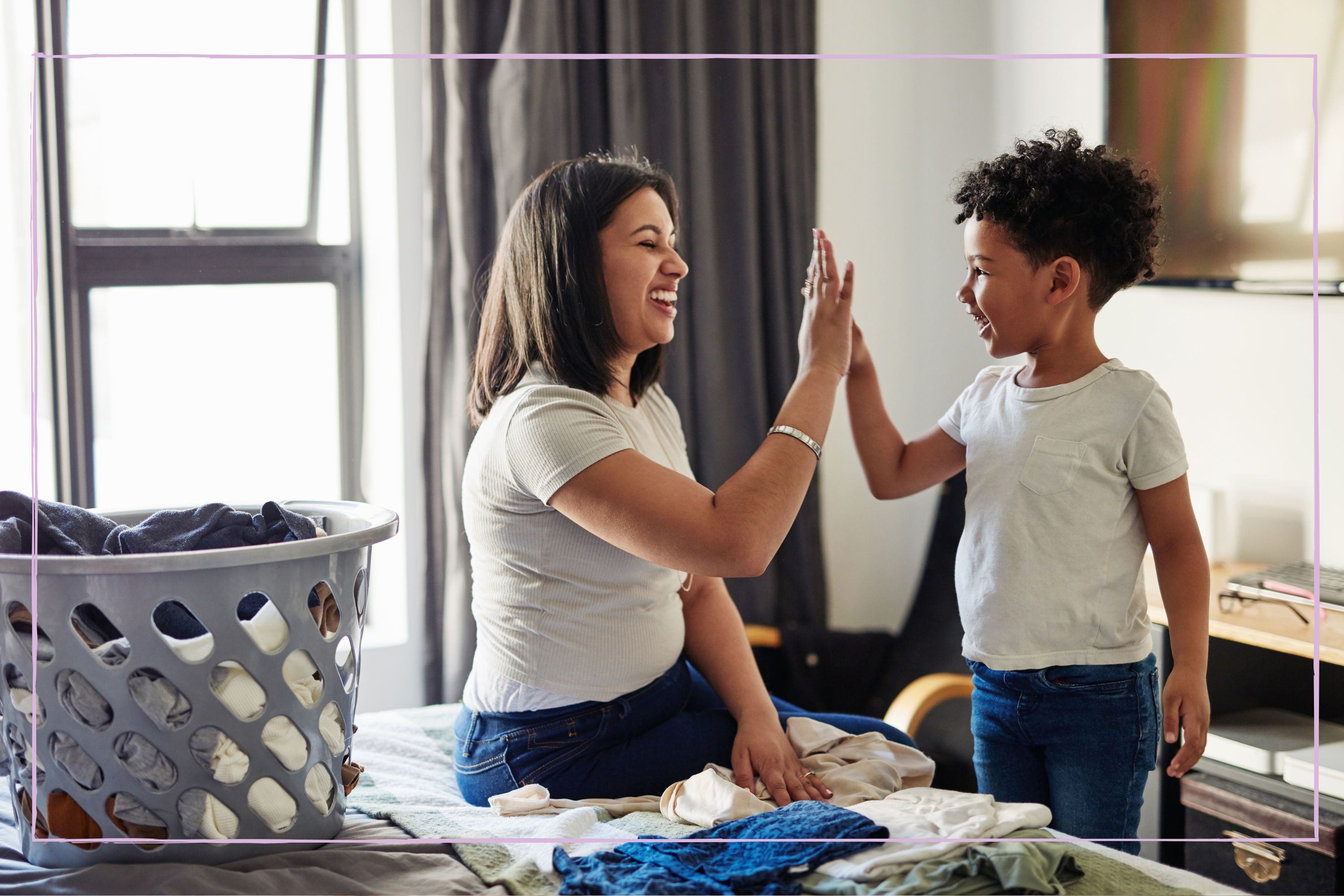 These 5 'game changing' phrases can teach your children about the mental load, according to a psychologist - and it could set them in good stead for adulthood
These 5 'game changing' phrases can teach your children about the mental load, according to a psychologist - and it could set them in good stead for adulthood"Change at home can change society"
By Ellie Hutchings Published